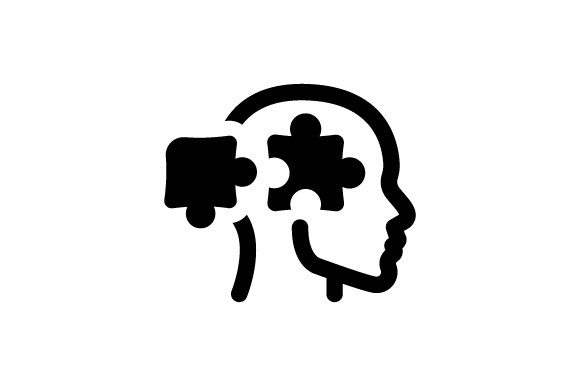 Become a champion! |
 Become a champion! |
When you play a match, it is statistically proven that players actually have the ball three to four minutes on average. The important thing is what you do during those 87 minutes without the ball. Football is the brain game, where to run, when to run, when to cover, when to press, when to move, how to move, it is decisions like these that come from the brain that determines whether you are a good player or not.” – Johan Cruyff

What is football intelligence? It is player’s ability to adapt and make good decisions in any game situation, especially when under pressure. Players must be taught how to think, building positive problem-solving habits on the training ground elevates players to perform to their full potential on the matchday. Football players develop better and quicker when having to deal with setbacks and the need to solve problems as this is exactly what happens during the game. They must get the freedom to learn, to make decisions and to take responsibility, freedom within the clear tactical reference of the coach.


Spatial Awareness: One of the critical aspects of football intelligence is understanding space. This means recognizing where there's space to exploit, either by making a run, playing a pass, or positioning oneself defensively to close down an opponent.

Anticipation: Anticipating the next move is crucial. This could be in the form of reading an opponent's pass, foreseeing a teammate's movement, or predicting where a ball will land. This form of intelligence often manifests as players being "one step ahead" of their counterparts.

Decision Making: A player with high football intelligence will frequently make the right decisions, whether it's when to dribble, pass, shoot, or defend. This includes knowing when to speed up the game or slow it down, based on the match's context.

Tactical Understanding: Comprehending a team's tactical setup and the role within it is essential. A tactically intelligent player will understand not just their role, but how it interrelates with the roles of their teammates. They'll know when to hold position and when to break the line, always keeping in mind the coach's instructions.

Problem Solving: As the game progresses, situations will emerge that weren't covered in the tactical briefing. Maybe the team is a goal down with ten minutes left, or perhaps an opponent is consistently breaking the defensive line. A player with high football intelligence will adapt, improvise, and find solutions on the fly.

Emotional Intelligence: Handling pressure, managing emotions, and maintaining focus are vital aspects of football intelligence. Players who can keep their composure in high-stress situations tend to make better decisions.

Learning from Mistakes: Making errors is inevitable in football. However, the best players learn from their mistakes and rarely make the same error twice.

Vision: This relates to a player's ability to see potential passes, runs, or defensive maneuvers that others might miss. It's the capability to visualize play unfolding even before it does.